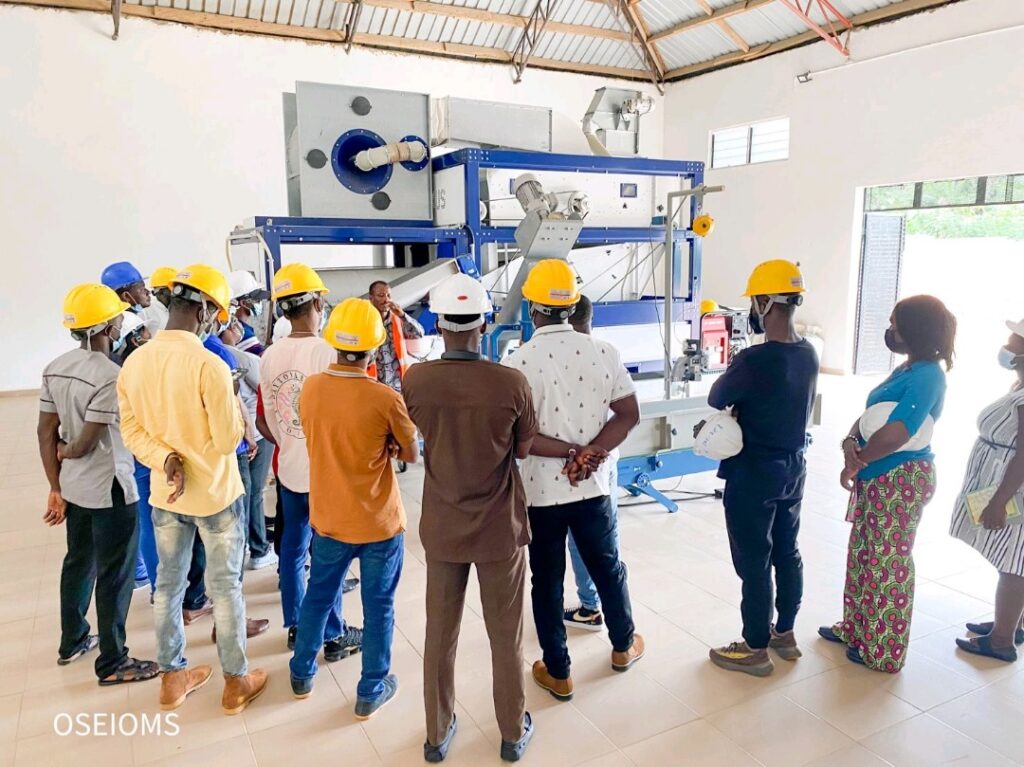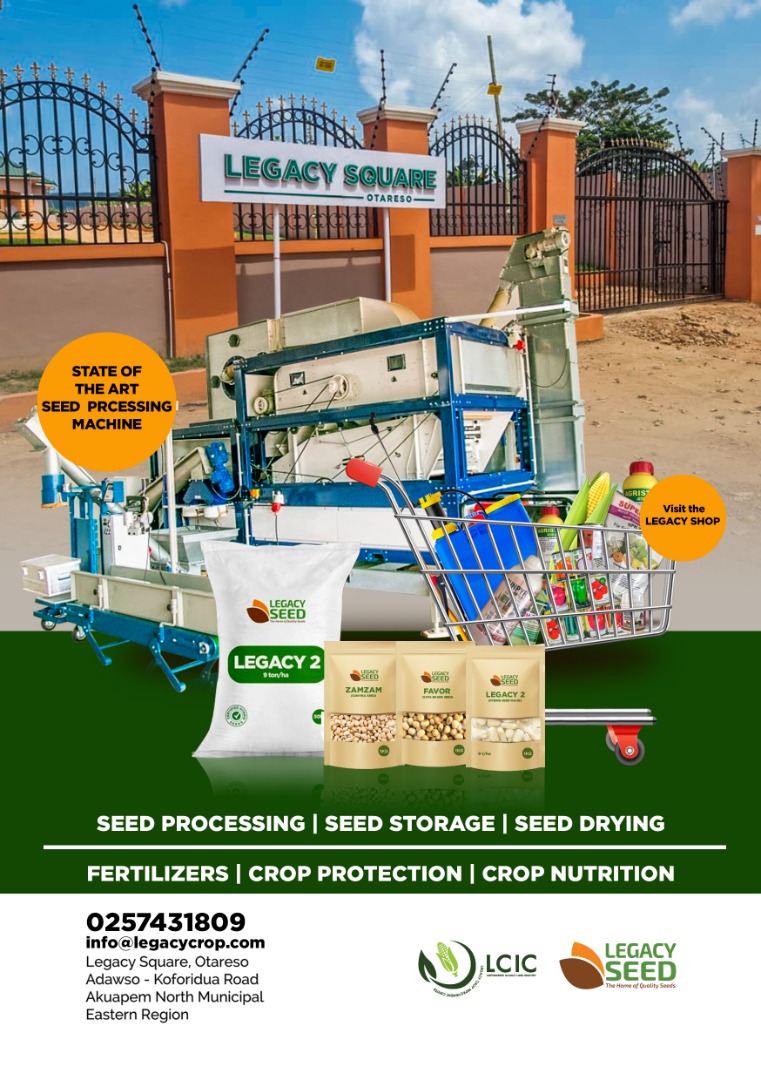By Amos Rutherford | amos.rutherford@legacycrop.com
Ghana’s agricultural sector stands at a crucial crossroads, where implementing a robust local content policy in the seed industry could catalyze significant growth and transformation. This strategic approach could not only strengthen domestic seed production but also create a ripple effect throughout the entire agricultural value chain.
A Strategic Framework for Seed Industry Development
The implementation of a local content policy in Ghana’s seed industry would require careful consideration of several key elements. First, mandatory partnerships between international seed companies and local seed producers could facilitate technology transfer and knowledge sharing. These collaborations would enable local companies to access advanced breeding techniques, quality control measures, and modern seed processing technologies.

Building Local Capacity
To ensure sustainable growth, the policy should focus on developing local expertise. This includes creating specialized business programs for local seed businesses with local experts, establishing seed testing laboratories by the private sector for the private sector, supporting research and development initiatives at agricultural institutions, and providing incentives for young agricultural scientists to specialize in seed development.
Market Protection and Development
A well-structured local content policy would need to balance market access with protection for emerging local seed companies. This could involve: setting minimum percentages for locally produced seeds in the market, providing tax incentives for companies that exceed local content requirements, and creating preferential access to government agricultural programs for compliant companies.
Economic Impact and Benefits:
The implementation of such a policy could yield significant economic benefits by:
1. The policy would create employment opportunities across the seed value chain, from research and development to production and distribution.
2. Foreign Exchange Conservation: Reduced dependence on imported seeds would help conserve foreign exchange and improve Ghana’s balance of payments.
3. Food Security: Stronger local seed production would enhance food security by ensuring consistent access to high-quality, locally adapted seeds.
Technology and Innovation:
The policy should encourage innovation and technological advancement through research partnerships between local universities and international seed companies, investment in biotechnology and modern breeding techniques, development of seeds adapted to local conditions and climate change, and support for digital platforms that connect seed companies with farmers.

Implementation Challenges and Solutions
Several challenges need to be addressed establishing and maintaining high-quality standards for locally produced seeds, developing adequate storage and distribution facilities, creating accessible funding mechanisms for local seed companies, and building and retaining skilled personnel in the sector.
To overcome these challenges, the policy should include:
1. A phased implementation approach
2. Regular monitoring and evaluation mechanisms
3. Flexible adjustment provisions based on market feedback
4. Support systems for emerging local seed companies
Stakeholder Engagement
Success would require active participation from various stakeholders such as local and international seed companies, research institutions, farmers’ associations, financial institutions, and agricultural extension services.

Long-term Vision
The goal of the local content policy should be to create a self-sustaining, competitive local seed industry that can:
1. Meet domestic demand for high-quality seeds
2. Export to regional markets Adapt to changing climatic conditions
3. Support Ghana’s food security objectives
Recommendations for Implementation
1.Establish a clear regulatory framework with specific local content targets
2.Create a dedicated fund for seed industry development
3.Develop monitoring and enforcement mechanisms
4.Provide technical support and capacity-building programs
A well-designed local content policy could transform Ghana’s seed industry from import-dependent to self-sufficient and eventually export-oriented. This transformation would not only strengthen the agricultural sector but also contribute significantly to economic growth and food security. The key to success lies in careful planning, stakeholder engagement, and consistent implementation of the policy framework.
Developing a strong local seed industry through content policy implementation represents a significant opportunity for Ghana to enhance its agricultural productivity and economic growth while ensuring food security for future generations.









